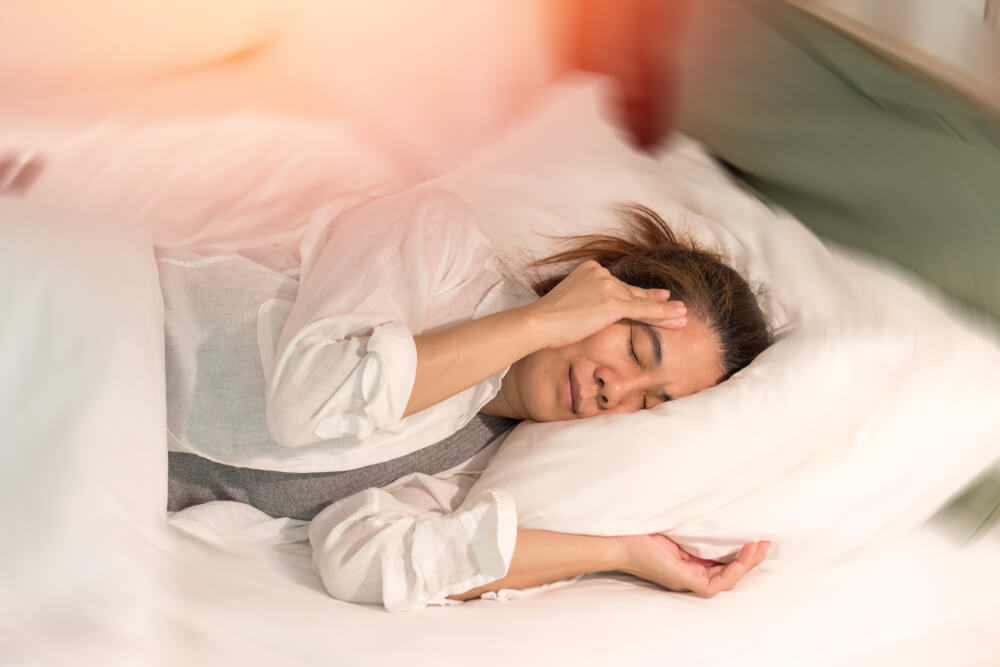Balance difficulties can cause dizziness, unsteadiness, or lightheadedness. The sensation is identical to seeing the room spinning, or the feeling of falling even when you are lying down, sitting, or standing.
Body systems such as your muscles, bones, joints, eyes, the balance organ in your inner ear, nerves, heart, and blood vessels must not be functioning well if you are suffering balance impairments. These systems must generally work for you to be rid of this problem.


